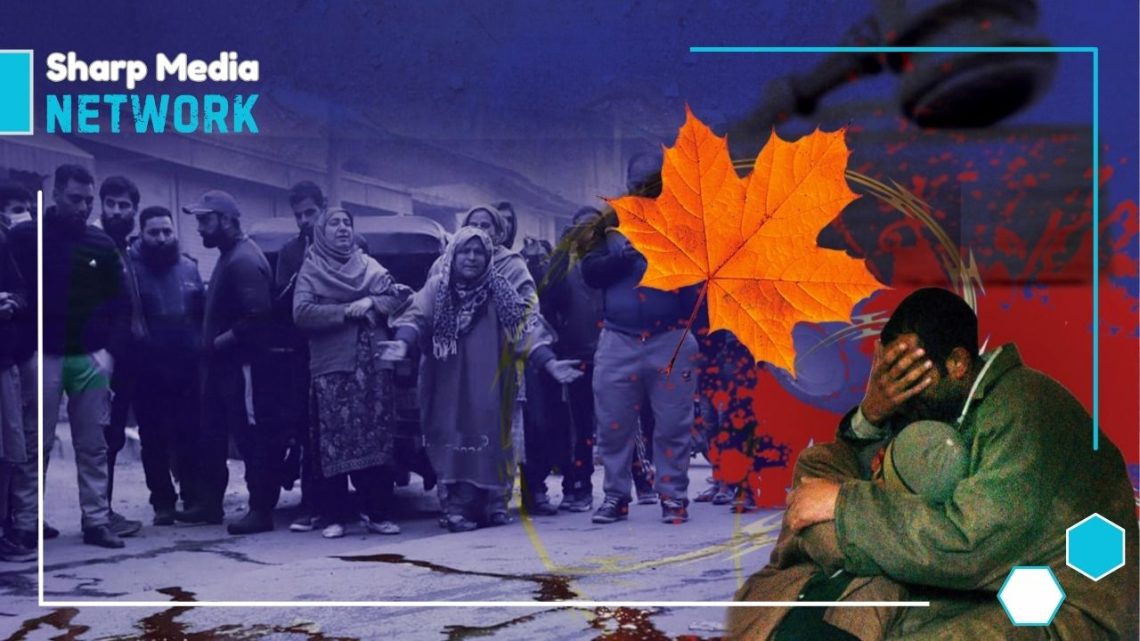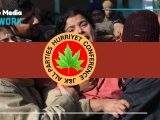
The Reality Behind Amit Shah’s Claims: Human Rights Violations in IIOJK
February 25, 2025In the wake of Amit Shah’s claims about stability in IIOJK, the truth of the region’s ongoing crisis tells a much darker story of repression and human rights violations.
Indian Home Minister Amit Shah’s recent assertions about the so-called stability in Indian Illegally Occupied Jammu and Kashmir (IIOJK) following the revocation of Article 370 are not only misleading but also starkly contradict the reality on the ground. Speaking to a group of Kashmiri youth in New Delhi, Shah claimed that violence had reduced by over 80 percent and that the region had achieved complete stability since the controversial decision in August 2019. However, these claims are far from the truth, as the actual situation in IIOJK paints a picture of continued unrest, heightened military presence, and severe repression.
Since the abrogation of Article 370, which stripped IIOJK of its special status, the region has been under constant military occupation, with over a million Indian troops deployed to enforce control. The local population continues to face severe restrictions, and the region has witnessed an alarming increase in human rights violations, including extrajudicial killings, arbitrary detentions, and ongoing raids and searches. Far from the normalcy Amit Shah describes, the people of Kashmir are living under oppressive laws aimed at suppressing dissent and stifling any opposition to Indian rule.
Recent incidents of violence, such as the killings of two civilians in Baramulla and Kathua districts, underscore the grim reality of life in IIOJK. Waseem Majeed, a truck driver, was shot dead by Indian forces in Baramulla after they opened fire on his vehicle, while in Kathua, Makhan Din, a young man, was arrested and tortured to death in custody. These tragic events are not isolated, but part of a disturbing pattern of extrajudicial killings and custodial torture carried out by Indian forces in the region.
Since the illegal revocation of Article 370, Indian forces, operating under harsh laws, have killed 966 Kashmiris, with many of the deaths occurring in custody. Additionally, over 25,000 Kashmiris have been arrested, often on fabricated charges, and many remain imprisoned under unlawful detention, enduring brutal conditions. These statistics starkly contradict Amit Shah’s claims of “normalcy” and expose the blatant falsehoods being propagated by the Indian government.
The Modi administration’s narrative of peace and stability in IIOJK is a deliberate attempt to mislead the international community, hiding the true extent of the suffering endured by Kashmiris under occupation. India’s efforts to cover up the ongoing atrocities will ultimately fail, as the world cannot ignore the brutal reality faced by the people of IIOJK.
The path to lasting peace in South Asia cannot be achieved through deceit and repression. The only solution lies in a just resolution of the Kashmir dispute, one that respects the right of the people of IIOJK to self-determination, as promised in the United Nations Security Council resolutions. Until this right is granted, the region will continue to experience suffering and unrest, with no end in sight.

